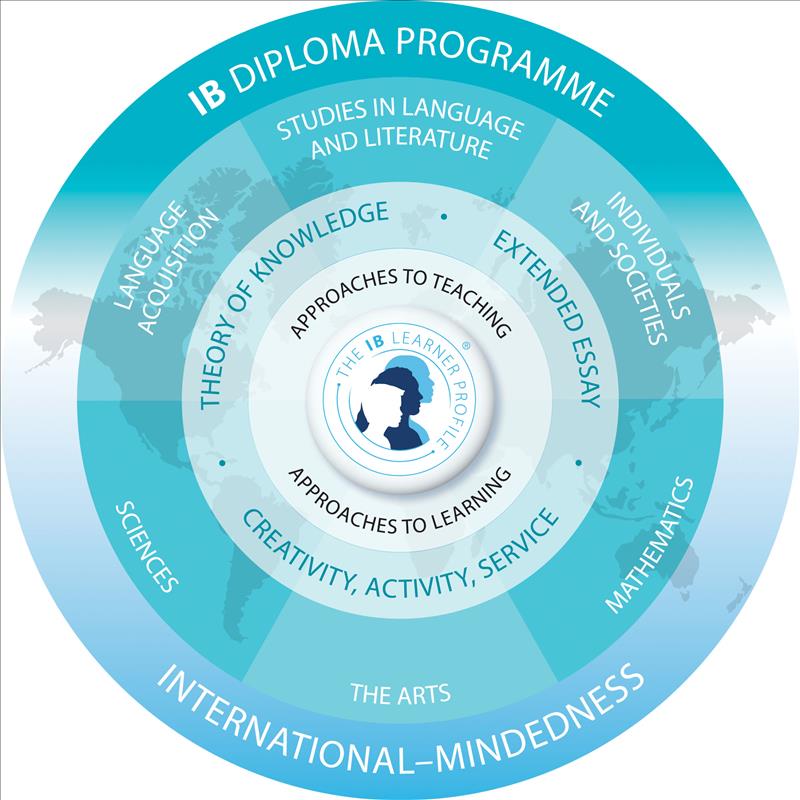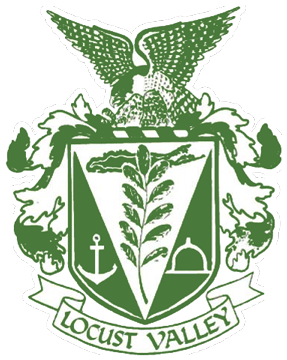IB Diploma Program
The IB Diploma Programme is an academically challenging and balanced program of education, with final examinations, that prepares students aged 16 to 19 for success at university and in life beyond. It has been designed to address the intellectual, social, emotional and physical well-being of students. The programme has gained recognition and respect from the world’s leading universities. Please click here for more information.

At the heart of this program is the student with a focus on the IB Learner Profile, which has 10 characteristics. As IB Learners at Locust Valley we strive to be:
Inquirers
Knowledgeable
Thinkers
Communicators
Principled
Open-Minded
Caring
Risk-Takers
Balanced
Reflective
Student can chose to be part of the IB Diploma Program at Locust Valley in two ways:
Option 1: Students who decide to be part of the Full IB Diploma program must complete the three core elements as well as six academic courses* over the span of two years. Three of these academic courses must be taken at the Higher Level (HL) and three at the Standard Level (SL)**
Option 2: Students can take IB Courses a la carte, and take courses that are intriguing and/or challenging to them. Our hope is that students emerge themselves to their fullest potential
* For a list of courses offered at Locust Valley please click “IB Courses”
**A student can chose to take four HL courses and 2 SL courses along with the DP core
The Core of the IB Diploma Program consists of three elements, The Extended Essay, Theory of Knowledge, and Creativity, Activity and Service (CAS).
Theory of knowledge (TOK) is a course about critical thinking and inquiring into the process of knowing, rather than about learning a specific body of knowledge. It plays a special role in the DP by providing an opportunity for students to reflect on the nature of knowledge, to make connections between areas of knowledge and to become aware of their own perspectives and those of the various groups whose knowledge they share. The overall aim of TOK is to encourage students to formulate answers to the question “how do you know?” in a variety of contexts, and to see the value of that question. This allows students to develop an enduring fascination with the richness of knowledge.
Creativity, Activity and Service (CAS) is organized around three strands, defined as follows.
Creativity—exploring and extending ideas leading to an original or interpretive product or performance.
Activity—physical exertion contributing to a healthy lifestyle.
Service—collaborative and reciprocal engagement with the community in response to an authentic need.
The Extended Essay (EE) is a compulsory, externally assessed piece of independent research into a topic chosen by the student and presented as a formal piece of academic writing. The extended essay is intended to promote high-level research and writing skills, intellectual discovery and creativity while engaging students in personal research. This leads to a major piece of formally presented, structured writing of up to 4,000 words in which ideas and findings are communicated in a reasoned, coherent and appropriate manner.
Here are some FAQs about the IB Diploma Program.
